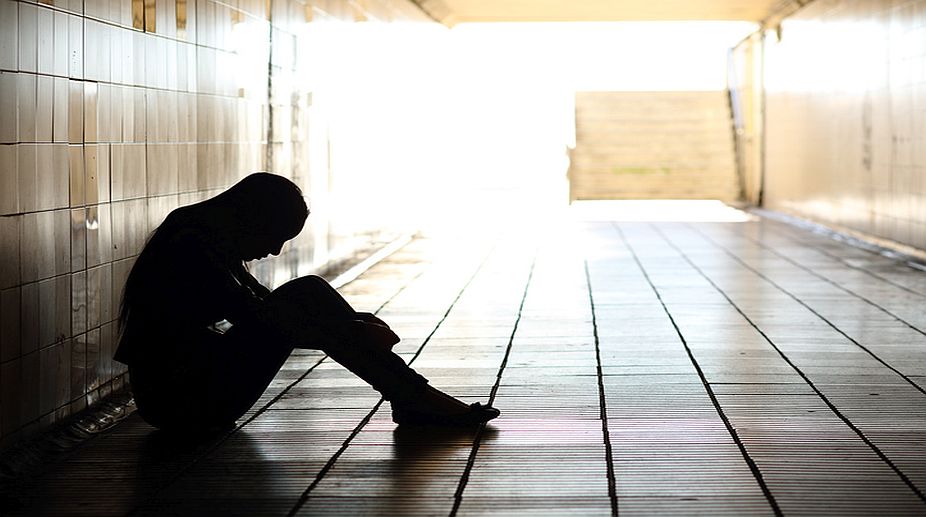There is no escaping the fact that India is a deeply misogynist country where patriarchal power structures have resulted in violent crimes against women continuing to spike despite progress in many other fields. The horrific cases of rape and murder from Jharkhand in recent days bring home the crying need for society at large and administrators in particular to focus on boys’ education so they don’t grow up into men objectifying women and denying them agency. Political parties across the board, meanwhile, must stop using statistics on rape for petty gains. Data released by the National Crime Records Bureau (NCRB) recently showed that Rajasthan recorded 6,337 cases of rape in 2021, the highest of any state. The state, currently governed by the Congress party, has alternated between BJP and Congress regimes for decades but there has been no appreciable decline in violent crimes against women including rape under any administration.
Chief Minister Ashok Gehlot has, like others before him, attributed the spike in cases of rape to prompt and mandatory registration of First Information Reports (FIR) by police, which is neither here nor there. What has sparked a serious debate in policy circles and civil society, however, is Mr Gehlot’s revelation of the granular details of the rape FIRs registered. He said: “56 per cent of cases of crime against women in the state later turned out to be false. Those registering false cases won’t be spared. The government has started taking action in such instances.” He went on to disclose that the data in a majority of the rape cases shows the perpetrators are “the women’s relatives and people known to the family”. In terms of his first assertion, if true, it is an extremely troubling trend.
Advertisement
Some may ascribe it to what may be termed the scarcity-ethicality paradigm wherein the woman making a false allegation about such a heinous crime has done so because she has been denied agency and her lack of access to societal goods leads her to abandon the ethical framework. For this too, though, society must take a large part of the blame albeit that is no recompense for anyone falsely or maliciously accused. As for Mr Gehlot’s second assertion, again, if correct, it is a clear indictment of the much-vaunted family structure-societal system extant in India which is in urgent need of reform from a gender perspective.
The broader point which needs to be made is that the moment rape statistics become part of political mudslinging, we are on a slippery slope. The NCRB data itself makes a distinction between the “rise in crime” and the “increase in registration of crime by police”. Whether from the Treasury benches or the ranks of the Opposition, it is legislators who must eventually figure out how to strengthen the legal framework to help stem the rising incidence of rape in India. It is the one issue on which bipartisanship is the need of the hour.
A version of this story appears in the print edition of the September 7, 2022, issue.









